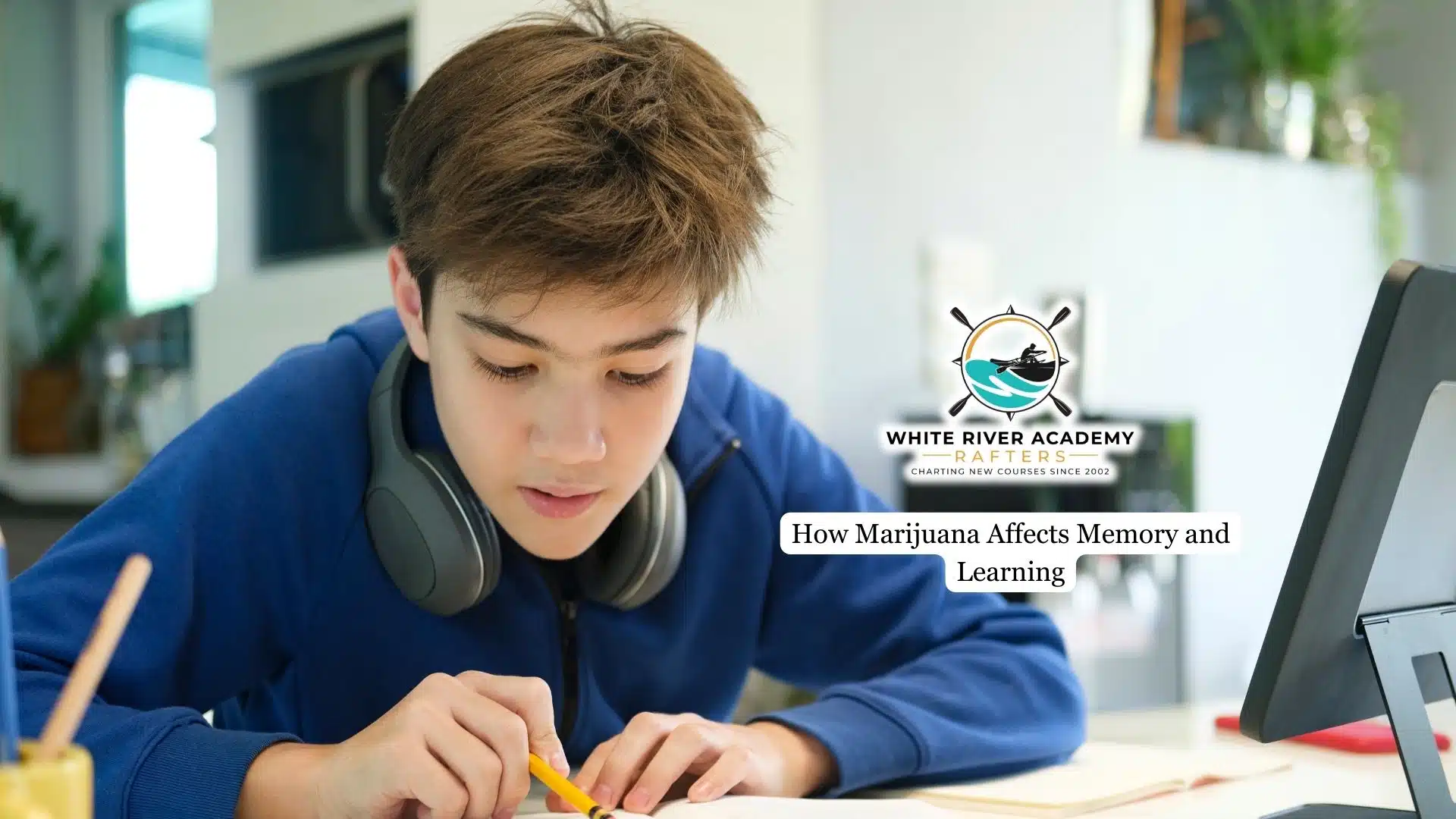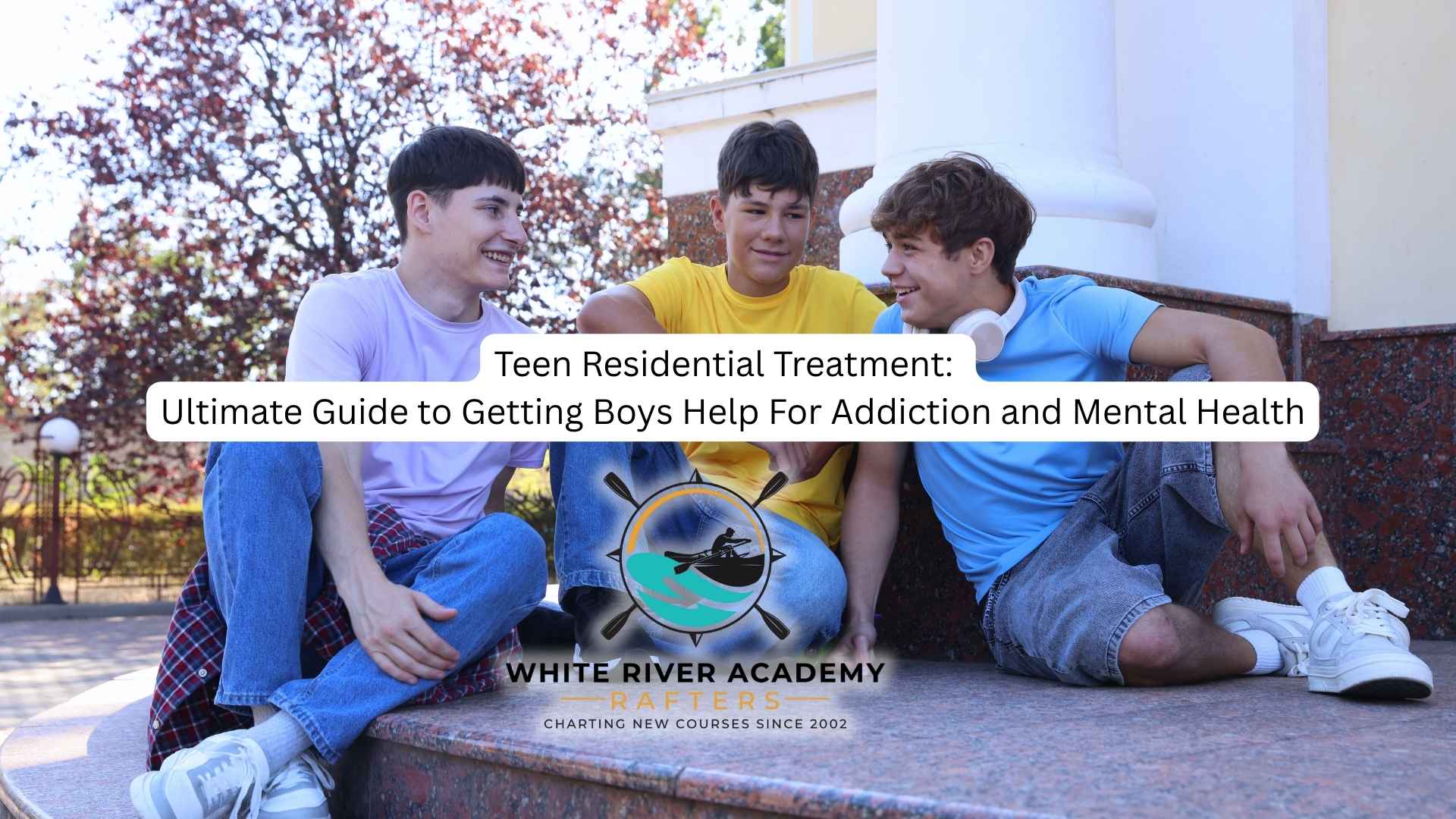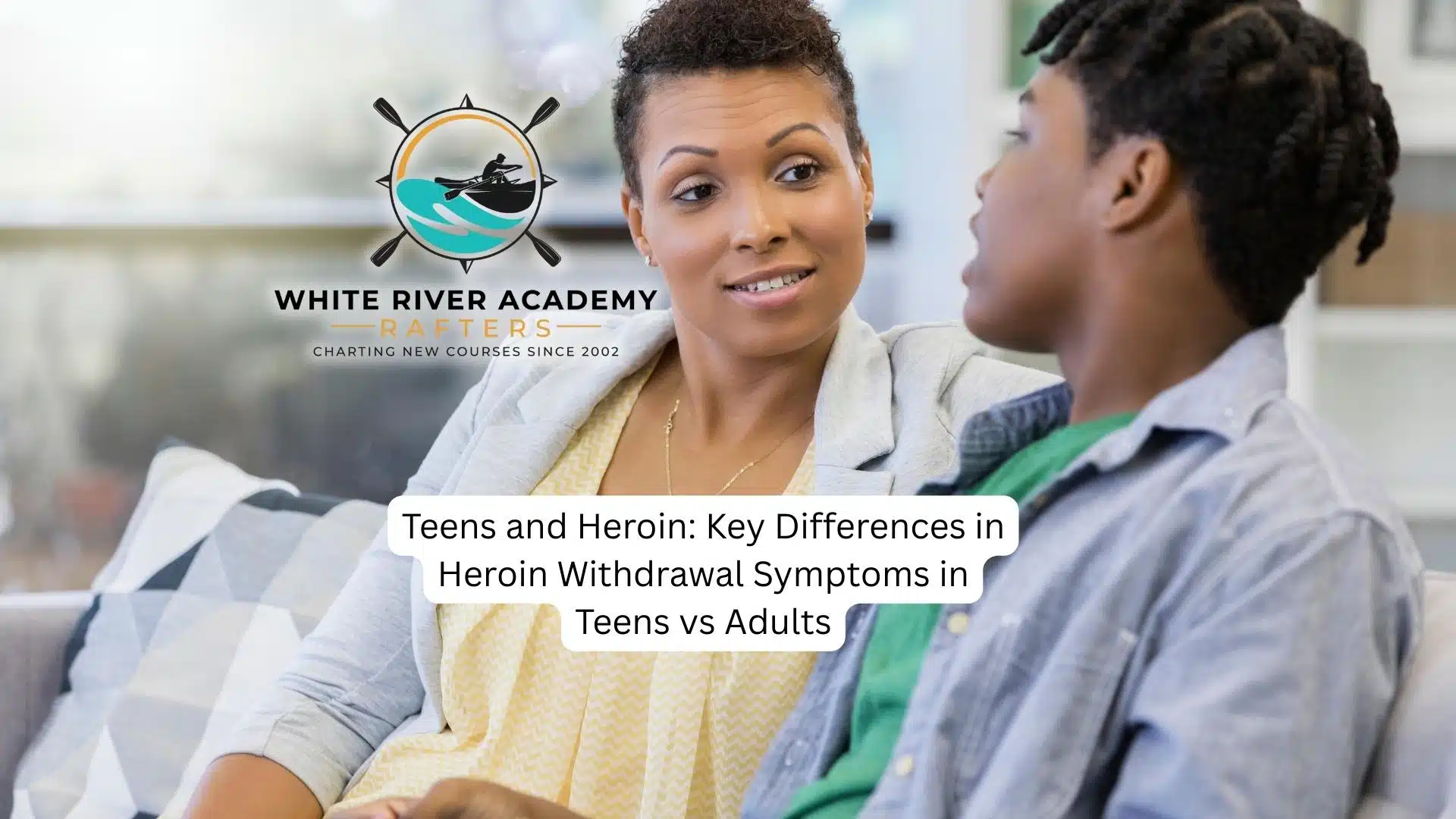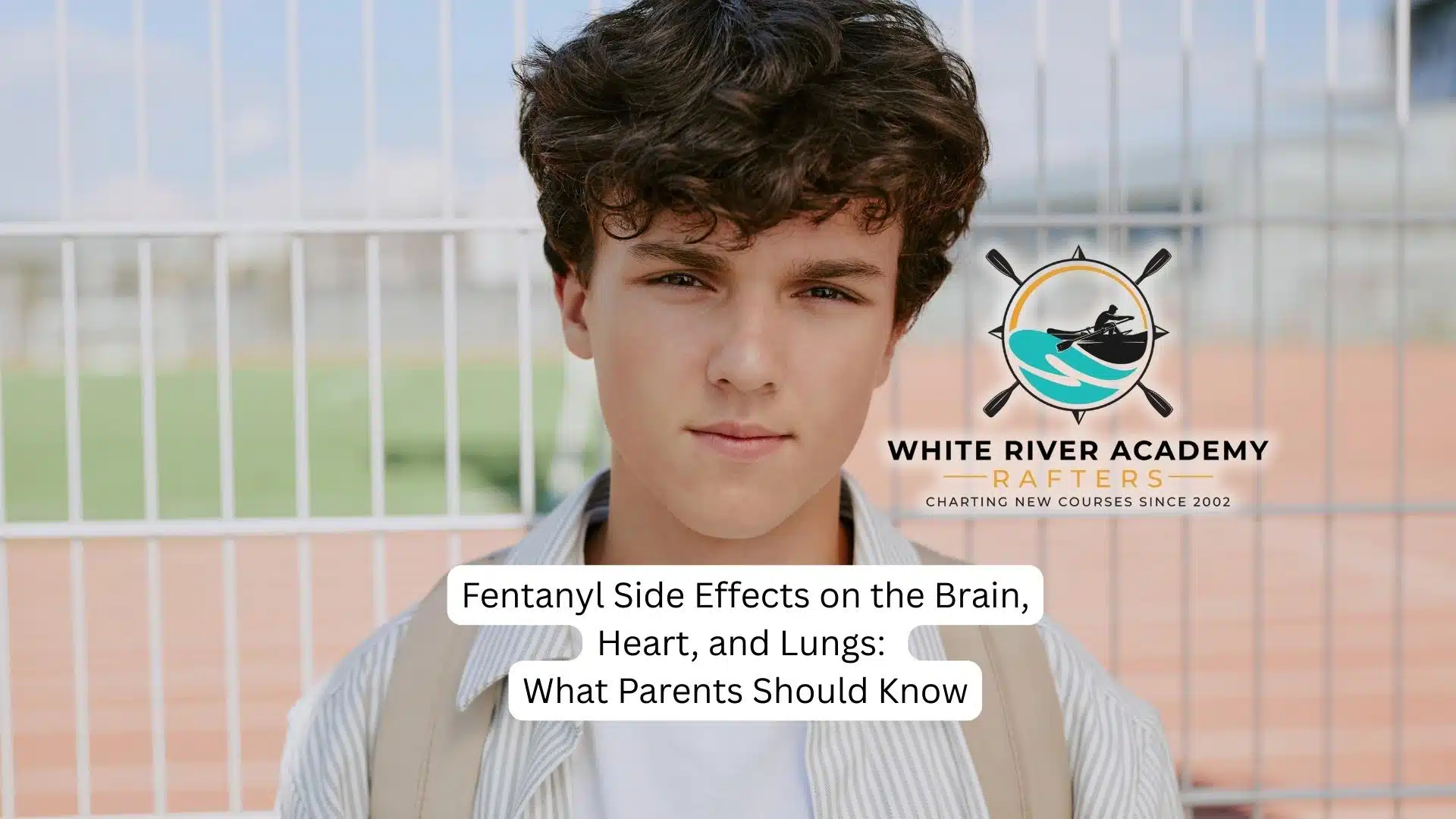Marijuana is often linked to relaxation and creativity, but its effects on memory and learning are less widely understood. The brain systems that help us store and recall information can be influenced by cannabis, sometimes in subtle ways and other times more significantly.
This article explains the short- and long-term effects of marijuana on memory, how brain function may change with heavy use, and whether cognitive performance can improve after quitting.
How THC Interacts with the Brain’s Memory System
Marijuana use is often associated with relaxation and creativity, but research shows it also has measurable effects on memory and learning. THC, the psychoactive compound in cannabis, interacts with brain regions responsible for processing and storing information. For some, this may cause short-term forgetfulness or difficulty concentrating, while long-term or heavy use has been linked to more persistent declines in learning ability and memory recall.
The hippocampus, a key structure for memory formation, is especially sensitive to THC. When cannabis is consumed, THC binds to cannabinoid receptors in the hippocampus, prefrontal cortex, and other areas involved in cognition. This interaction disrupts normal communication between brain cells, making it harder to encode and retrieve information.
Studies show that up to 63% of heavy users display reduced brain activity during working memory tasks, which correlates with poorer performance. THC can also alter sleep cycles, which are vital for memory consolidation, further limiting the brain’s ability to retain new information.
Short-Term Effects
Even short-term cannabis use can impair working memory, making it harder to recall details, follow instructions, or make quick decisions. This is because THC temporarily alters brain activity in regions responsible for focus and problem-solving, such as the dorsolateral prefrontal cortex.
Studies show that nearly 68% of recent users experience reduced performance in memory-related tasks.
These short-term impairments may include:
- Forgetting names or conversations
- Difficulty multitasking
- Slower reaction times and decision-making
While these effects may fade after the high wears off, frequent use increases the risk of longer-lasting cognitive changes. That’s why it’s important to find the right teen marijuana addiction rehab early as taking steps to stop substance use in its early stages can help avoid more detrimental effects on memory, learning, and brain development.
Long-Term Effects
Chronic marijuana use, particularly over several years, has been linked to measurable declines in learning abilities. A large-scale study found that for every five years of heavy cannabis use, individuals recalled one fewer word from a 15-word memory list.
Long-term effects are most noticeable in verbal memory (remembering words, concepts, and information) and spatial memory (navigation and spatial awareness). These deficits are not typically explained by slower processing speed or executive dysfunction, suggesting that cannabis use specifically targets memory-related functions.

Brain Regions Most Affected by Cannabis Use
Marijuana impacts multiple brain areas beyond the hippocampus, including:
- Prefrontal Cortex – critical for decision-making and problem-solving
- Amygdala – regulates emotion and may alter emotional memory
- Anterior Insula – influences self-awareness and focus
- Cerebral Cortex – responsible for higher-level thinking and learning
Heavy cannabis use especially in teens has been associated with reduced brain activity in these regions. This can explain why some heavy users report persistent difficulties with attention, learning new material, and retaining information.
Can Memory Recover After Quitting Marijuana?
One of the most important questions is whether marijuana-related memory loss is permanent. Research suggests that many cognitive impairments improve after a period of abstinence. Working memory and learning abilities often show partial recovery within weeks to months of quitting.
However, the extent of recovery may depend on factors such as:
- Age when cannabis use began
- Duration and intensity of use
- Presence of other substance use or mental health conditions
While some structural brain changes may persist, evidence points to significant cognitive improvement for those who stop using marijuana.
Tips on How to Withdraw from Cannabis Use Disorder
- Recognize Withdrawal Symptoms – Expect changes in mood, sleep, appetite, and focus. Being aware of these symptoms helps reduce frustration and prevents relapse.
- Consider Gradual Reduction – Tapering cannabis use, rather than quitting abruptly, may ease withdrawal intensity for some individuals.
- Support Sleep and Relaxation – Establish a consistent bedtime, avoid caffeine late in the day, and use calming practices such as deep breathing or meditation to manage insomnia.
- Stay Active – Exercise helps regulate mood, reduce cravings, and restore natural dopamine balance.
- Manage Stress in Healthy Ways – Mindfulness, journaling, or following a structured daily routine can provide alternatives to cannabis use.
- Eat Well and Stay Hydrated – Nutritious meals and water intake support overall recovery and energy levels.
- Seek Support – Sharing your experience with trusted friends, support groups, or a counselor provides accountability and encouragement. Structured treatment programs and therapies such as CBT can also improve outcomes.
Final Thoughts from White River Academy
For teens, marijuana use can have a significant impact on memory and learning. THC interferes with brain regions like the hippocampus, which are still developing during adolescence and are essential for focus, recall, and academic performance. Over time, this can make it harder to concentrate in school, retain new information, and achieve long-term goals.
The positive news is that the brain has a strong ability to recover, especially during the teenage years. Many young people notice improvements in memory and thinking skills after reducing or quitting cannabis use. At White River Academy, we offer marijuana addiction treatment in Utah designed specifically for adolescent boys. Our program helps youngsters overcome substance use while rebuilding cognitive skills, strengthening emotional health, and finding a healthier path forward.




